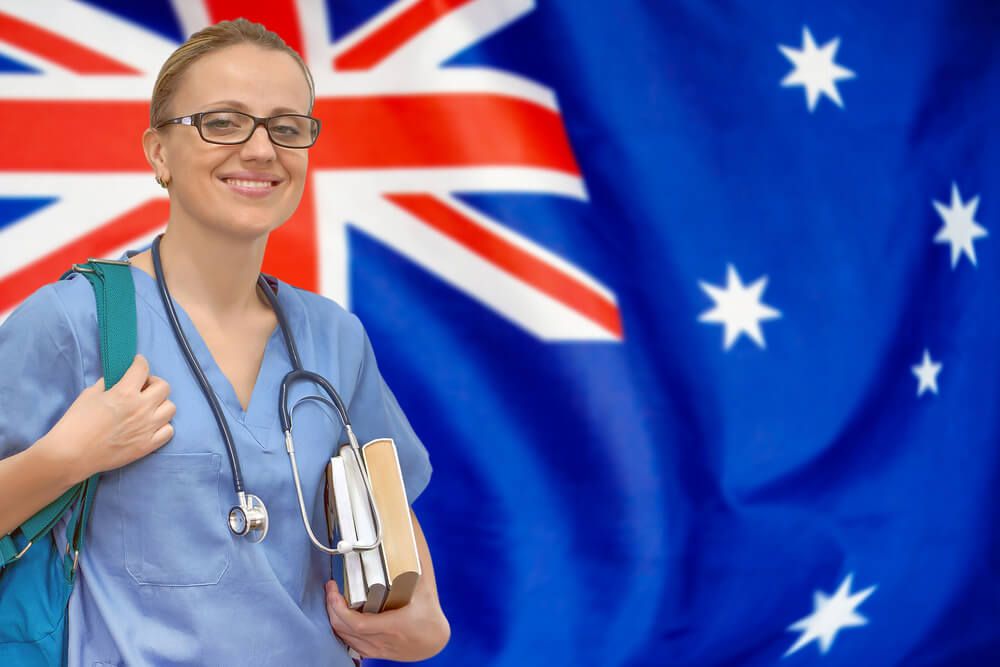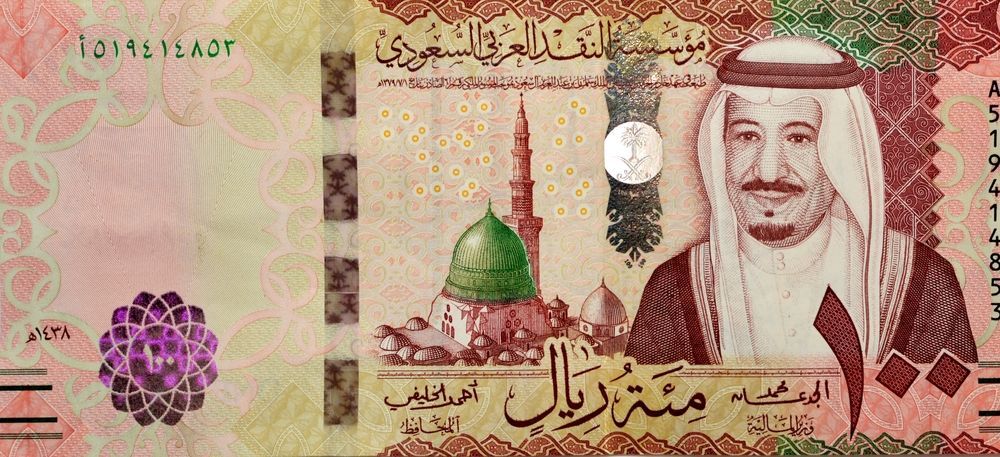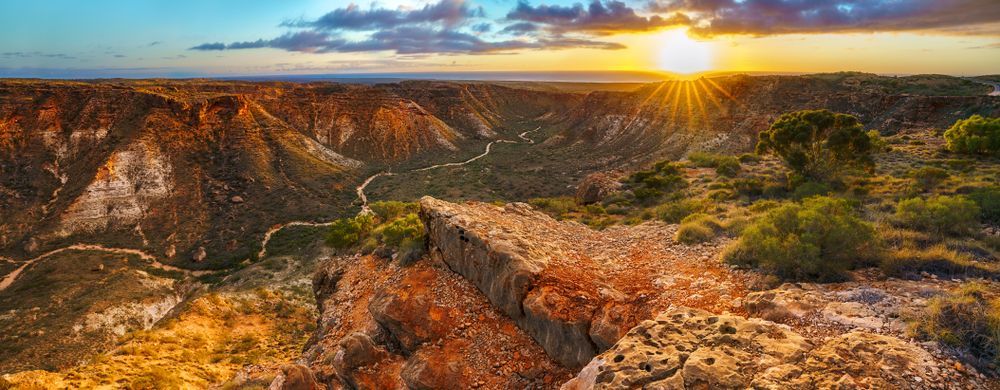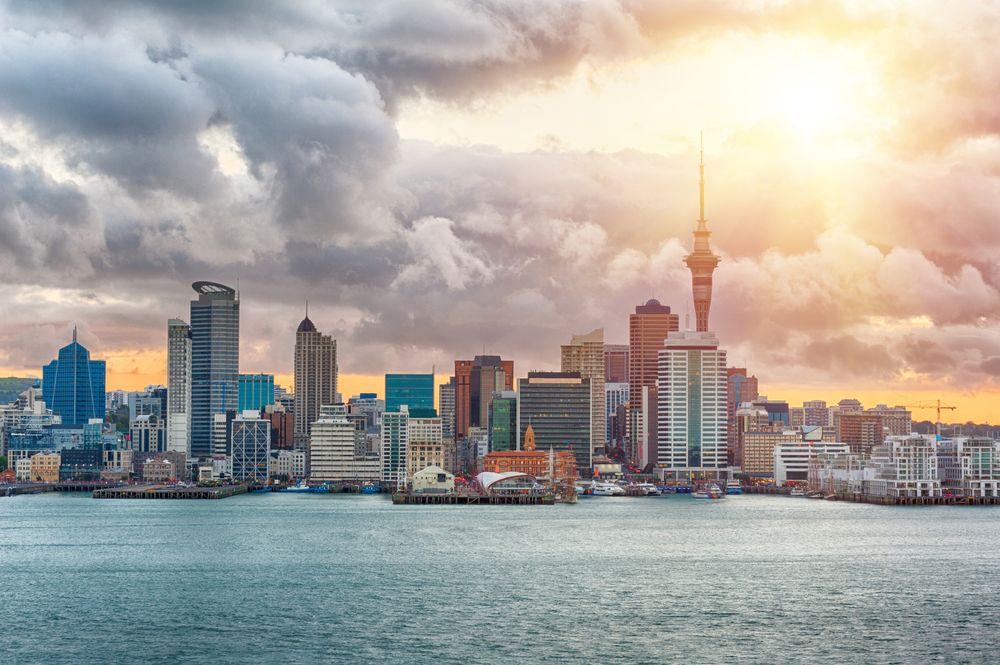An Emergency Physician in Dubai United Arab Emirates - Dr Tarek Al Janabi
Diversity and enhanced skills are crucial for emergency physicians in Dubai says Dr Tarek Al Janabi who diagnosed his first case of leprosy in Dubai.
Background
Dr Al-Janabi graduated from Baghdad Medical School in 1984, and moved to England in 1991. After spending many years in the NHS, he moved to work in the USA, before returning and then moving to the Middle East after deciding against relocating to Australia. He currently works at Rashid Hospital in Dubai, one of the UAE’s top trauma centres. He holds the Fellowship of the Royal College of Emergency Medicine and of the Royal College of Surgeons of Edinburgh.
Discussion
Q: Tell us a bit about your background, and how you came to work here?
Tarik Al Janabi: Career wise I finished my medical school in Baghdad, Iraq in 1984. A few years after that I went to the UK, and stayed there for about 30 years of my life, before deciding that it was time for me to leave the UK and go somewhere else. Initially I decided to go to the United States, so I spent about three and half years in the States in Miami, Florida, part of it was a cruise ship business, and then after that I did a bit of work in Miami, and then I got fed up - mainly because Miami wasn’t that safe for me, so I had to get back to the UK. I stayed in the UK for a couple of years, and then after that I thought I have to go somewhere else!
Initially I was thinking about going to Australia, however family pressures, specifically from my brothers in England who said to me that if you are going to Australia, then we’re not going to see you again, made me change my mind. So I looked at the map, and I thought halfway through between England and Australia...that’s Dubai, so here we are!
Q: What attracted you most about Dubai?
Tarik Al Janabi: Honestly the first thing that came to mind, and based on what I had heard from my friends back in England, was that Dubai is the best the Arab world can offer. So I thought, yeh, why not? I’ll try it and see how things go.
The second crucial factor that came into account was that when I applied to Australia to work, I got accepted for a job in Canberra, however the process would’ve taken about six to eight months to finish - including registration and the rest of the things, and with the Dubai job I applied and got the job within 11 days. Actually within 11 days of my interview, I was locking my house down in England, and taking a plane to Dubai so it was quite exciting within such a short period of time.
Q: What are the main differences between Dubai and the UK?
Tarik Al Janabi: There are radical differences between delivery of services in an advanced country, whether in Europe or the States, versus the United Arab Emirates and the Arab world. I’m talking from a position whereby I am originally an Arab, I was born in Baghdad, Iraq, and consequently, I am used to the Arabic culture. I lost a bit when I went to England, and I’m regaining part of it now. The delivery of services here is, I can say, very reasonable, in comparison with the UK or the States. It’s mainly based on the American system, whereby the residents in Emergency Medicine are trained to the American standards, they read American books, and they have the same ethos of training like the American system.
In terms of duration, the training is for 4 years like the American system. I think it was 5, but then the Saudi Board of Medicine have influenced this country to abide by the American system further, and they decided it would be four years. The curriculum is basically American, so it is 4 years as well. They focus on Rocky Mountain spotted fever for example, rather than prominent diseases in this part of the world like tuberculosis.
There are other differences. Here the training in Emergency Medicine, and delivery of the service is slightly more extended. You will have extended medical skills in comparison to the United Kingdom. I’ll give you an example of what I do, I do rapid sequence induction of anaesthesia, maintenance of anaesthesia, central lines, arterial lines, inotropes, all in the Emergency Department.
Nobody would actually say anything about it, it is expected. Also I do extended ultrasound work on all my patients. I’ve got extended ultrasound experience which may not fit within the UK’s standards. What I would like to say to people who are intending on leaving the United Kingdom to work here, is to brush up on their extended clinical skills.
Core extended skills are, more or less, a prerequisite here, it is anticipated that you’ll do your ultrasounds for trauma and non trauma patients for assessment, you are expected to do your rapid sequence induction of anaesthesia and maintenance of anaesthesia.
Most of our patients would be under our care for more than an hour, so I maintain their anaesthesia for that. The anaesthetic department, or the intensivists would be expecting you to put your arterial central line. So arterial central line skills are mandatory, if you are a bit rusty then you’re expected to catch up very quickly when you come over here.
I was doing that in the States, so I got used to it more or less, so when I came here it was just a continuation of doing that. Although I am now gaining more skills, and I think that’s very important, more skills are always anticipated because you are working with Junior people in the Emergency Department and trainees.
Trainees could come over and ask you about Video laryngoscopy about Retrograde Intubation, all of these things that you are expected to know, because you’re going to be involved in teaching.
That’s another bonus of working at Rashid Hospital, it’s the main trauma centre in Dubai, whereby extended medical skills are more or less mandatory.
Q: How big a role does ultrasound play on a daily basis?
Tarik Al Janabi: I’ll tell you what, I trained at King’s College, and at that time ultrasound was in its infancy, so I actually caught up my initial ultrasound experience at King’s, and I thought about ultrasound as having no boundaries. Put the lobe on the patient, it penetrates the abdominal cavity, it penetrates the chest cavity. I can look at the heart, I can look at anywhere I want. I diagnosed fractures for example in pregnant ladies who refused to have exposure, despite the fact that we were about to shield them.
So that actually got me intrigued to start with, with that intrigue I saw the development of extended medical services over the pond in the States, and then when I worked there the requirement was intense to brush up on my delivery of medical services quite extensively, so I worked on that very hard, and then coming here was just a natural progression of my skills.
We do ultrasounds for shock patients, for trauma patients, for medical patients, we do Echocardiography on patients to see if there is any dysfunction that might affect cardiac functions. It’s a requirement that must be done.
Q: What should people know, prior to committing to a move to the UAE?
Tarik Al Janabi: People coming to this area must understand that it is a different culture full stop. The culture dominates everything, the Arabic culture with all its good things and bad things is like any other culture in the world. We have to be accommodating, we have to be open to change. That’s very critical, our minds should be open to change as well, accepting new environments, I think that is so critical in delivering your medical skills here.
There are certain issues that might be associated with the delivery of medical services as well, like accepting family members intruding now and then whilst you’re doing your resuscitations. By the way I’m talking about resuscitations because primarily I do resuscitations in the Emergency Department. I’ve been chosen to do that, and I like it very much, so I do that along with teaching of trainees and residents.
As for Dubai as a whole it’s beautiful, it’s fantastic, it’s very advanced in comparison to other third world countries, but I don’t think that I can say that it is a first-world country. It’s still on a slightly lower scale than the rest of the first-world countries, albeit it is working very hard to become a first-world country.
It’s expanding, enormously, there’s a lot of scope for expansion and I feel that time will be on its side to reach first-world levels eventually. One of the most important things for people when they come and work in Dubai is to know there are good things about the weather, for example, there are six months of good weather, or probably eight months like we had last year, and few months of very extremely hot weather like we have now, where the temperature is about 45C in the shade.
Humidity is very high, so that also needs to be taken into account, and dehumidifiers are probably a must where people live. They need to understand that people are up to do things at ten o’clock at night for example, now it’s 5 past 11 at night and we’re still having a chat, and I’m going to go to the gym after that. The social life is open, specifically around Ramadan until about 3 or 4 in the morning, so everything is open, you can have fast food at anytime of the day or night, the society will be welcoming for all these things to happen.
There’s a huge amalgamation of people living here, there are about 180 different nationalities in Dubai, with that there will be diversity in the delivery of medical services because anyone could come up from India, or Pakistan with their own endemic diseases. Leptospirosis, tuberculosis, all the world’s infections. I had a patient with leprosy, for people practicing from first-world countries that can be a shock. My first ever case of leprosy in my whole life, I found it in the Emergency Department a few days ago, so that was quite an eye opener.
They have to be adaptable, they should welcome change, a lot of things can be done in Dubai in comparison with the rest of the world, there are endless places to go to in Dubai. Honestly, it’ll take you two years to finish Dubai, despite the fact it’s about 40km by about 5km from the sea to the desert, but there are a lot things, around every corner there is something being developed.
There are a lot of things to do in Dubai, there is a lot of cultural diversity, a lot of diversity in medical practice as well.
Q: Why did Dubai appeal to you?
Tarik Al Janabi: Well, adventure, financial remuneration, lifestyle, a challenge, excitement, a delve into the unknown to a certain extent, trying to challenge yourself. I like to challenge myself continuously. I like to develop my personal skills continuously. The Government hospitals in Dubai generally pay a better salary than the private hospitals, in Emergency Medicine I must emphasise that in particular.
I heard that they might not pay enough in comparison to private hospitals for other specialities, but I’m not sure about that, but I’m talking about Emergency Medicine. They pay a good amount of money in the Government Hospitals, however you may be able to negotiate a better package with a private hospital if you’ve got the necessary qualifications for that.
There are issue with private versus government, I’ll tell you the facts and let you decide by yourselves. Private hospitals in Dubai are very keen to have a financial income out of patients. So it’s geared towards profit, so when you see a patient it is the expectation that you do all the blood tests, that you refer them to as many specialties as possible, because everyone that you refer to will be charging, and those patients will usually have an insurance that is compatible with that hospital and consequently, they will make the most financially out of their patients.
In Government hospitals, at this moment in time, it's not the case, however there is a trend, a very fast moving trend, that everyone should have insurance in Dubai, and even Government hospitals in Dubai will be eventually charging patients for their services. So consequently I think it’s a dynamic situation at the moment whereby Government hospitals are being privatised very quickly.
For example our hospital we had an implementation of a new computer system, it’s an American system, whereby we will be charging for everything. But currently we’re only charging for triage categories 4 and 5. Triage category 1, 2 and 3 are expected to be treated at least initially for the acute illness free of charge, but I realise it’s not free. It means that there was an agreement between the Government and the insurance company that they will pay for triage category 1 and 2 and 3. So it’s a changing situation constantly, but I think eventually that everything will be privatised within about 2 years of time.
Q: Who would be suited to a move to the country?
Tarik Al Janabi: I think for people who have got fed up of their job in England, even just fed up of the dismal weather to a certain extent. For me personally I was fed up that I couldn’t deliver what I wanted to deliver for my patients, I was restricted by quite a lot of factors when I went back to an NHS hospital after my stint in the States. You can’t do Ultrasound for example, because it’s the job of the radiologists, you can’t do anesthesia because it’s the job of the anesthetists, and you shouldn’t be doing central line because you might induce an Hemothorax. I got so fed up, I got so tightened by the whole thing so I needed to break free, and I found myself here.
I’m enjoying myself here, lifestyle wise it is amazing, it’s almost second to none. If you’ve been to Hollywood or Miami then you live in the limelight, with the Lamborghinis and the Ferraris just parking next to your car, you’ll love it. There may be a time that after many years you’ll be a little bit tired, like I am after 5 years being in Dubai, but hey-ho there’s still time for me to stay here.
Finding a job as an emergency physician in the UAE
Emergency physicians in the UAE are employed in both government sector and private hospitals. Most major trauma cases and acute emergencies are managed by the government sector whilst the private sector provides a service which in other countries would be regarded as urgent care.
Emergency physicians must have undertaken a residency training and hold an appropriate specialist qualification in emergency medicine such as FRCEM, FACEM, American Board of Emergency Medicine. Family physicians with diplomas in emergency medicine are not eligible for these postitions.
If you are interested in finding a job in the UAE, register your CV and contact us to discuss your options.
Advertised jobs can be viewed and applications made by uploading a recent CV which should address all essential requirements as defined in the job advert.
You can gain further insights into working in the UAE by reading more case studies and in particular the following:
Abu Dhabi
Orthopaedic Surgeon - Osama Chaar
Dubai
Blanca Rincorn Aznar - Family Physician
Ben Hanson - Family Physician and Medical Director
Al Ain
Mohamed Ismael - Endocrinologist and General Physician
Philip Berdel - Orthopaedic Surgeon
Sharjah
Rebecca Phaleni - Emergency Department Senior Nurse
Share this post on Social Media
Leave a Comment
Other Blog Posts
Sign up for our newsletters with details of new job opportunities, news, insights and tips to power your career.
Join Our Community
Useful links
Looking for something?
Policies & Accreditation
Powered with ❤️ by Shazamme © Copyright Odyssey Enterprises Ltd 2024 All rights reserved











